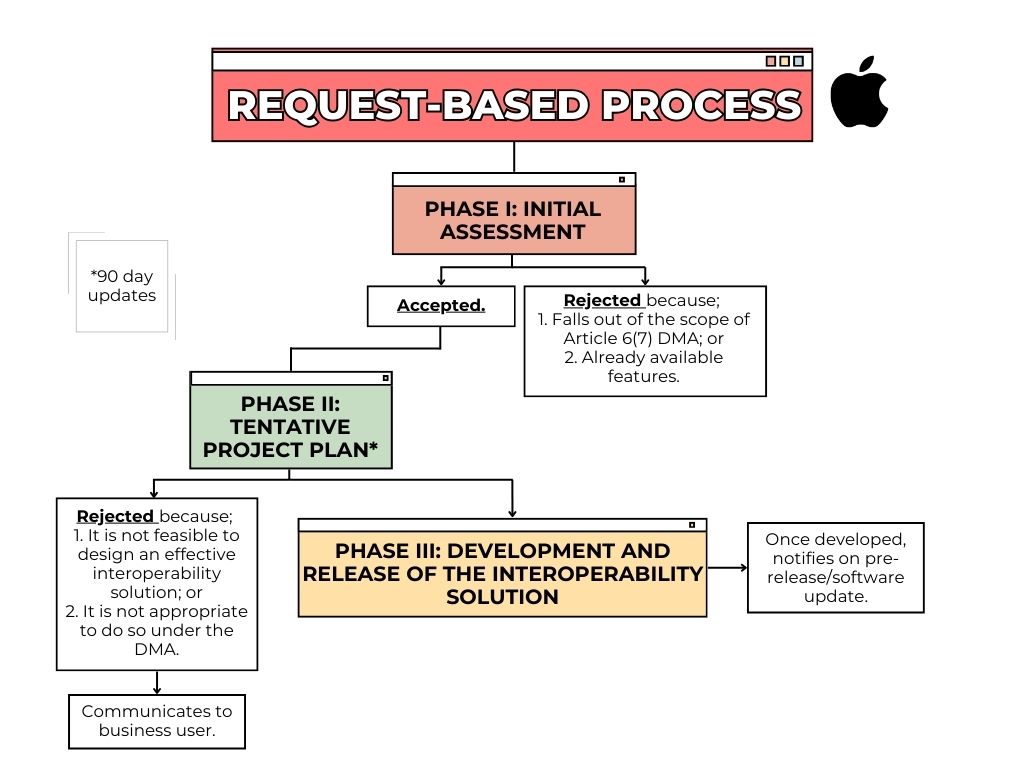Austrian FCA Publishes Updated Standpoint on Settlements: Reduction of the Reduction
Introduction
On 6 November 2023, the Austrian Federal Competition Authority (“FCA“) published its updated standpoint on settlements
One of the most obvious and appealing reasons for companies to seek settlements is the fine reduction. Another reason, definitely, is to avoid time-consuming and costly proceedings. Antitrust proceedings can take several years and place a significant burden on administrative resources, both on the FCA and on the company. With a settlement, lengthy evidence proceedings are not necessary. Prolonged proceedings tend to draw a lot of public attention to businesses. To maintain their reputation and quickly return to their daily operations, many undertakings opt to engage in settlement discussions.
For a proper understanding of how settlements work in Austria, it is important to note that the FCA itself is not entitled to impose fines. The institution setting fines in competition cases in Austria is the Cartel Court, but it is the FCA that applies for the fine at the Cartel Court. The Cartel Court cannot impose a higher fine than requested by the FCA.
The aim of the updated standpoint of the FCA is to provide guidance to undertakings aiming to settle. In the following, we will provide an overview of how settlement proceedings work according to the updated standpoint and summarize the most important amendments.
How do Settlement Proceedings work?
Settlement talks can be initiated by a company or by the FCA. According to the standpoint, there is no general time limit, as it is still possible for a company to engage in discussions with the FCA even after Cartel Court proceedings have been initiated. In short, there are no fixed temporal constraints, but from the FCA’s view, the condition is that the settlement still optimizes procedural efficiency.
In most cases, settlement talks are started once the FCA sends the statement of objections to the company. Only then does a company know (i) the facts that the FCA qualifies as relevant, (ii) the underlying evidence, and (iii) the legal assessment of these facts by the FCA, and can decide which route to go.
In its settlement submission, the company seeking a settlement is required to explicitly acknowledge the facts, accept the legal assessment of the FCA, and agree that the fine that the FCA intends to apply for at the Cartel Court (or already has applied for) is appropriate. In this context, the standpoint refers to the definition of “settlement submission” as provided in Article 2(18) of Directive (EU) 2014/104
As mentioned in the introduction, in contrast to other competition authorities such as the German FCO or the European Commission, the Austrian FCA is not authorized to impose fines unilaterally but rather must take the case to the Cartel Court.
In order to initiate court proceedings, the FCA therefore submits a request to impose a fine to the Cartel Court, along with the signed settlement submission and any supporting evidence. Section 36(2) of the Austrian Cartel Act stipulates that the Cartel Court is bound to the fine proposed by the FCA, meaning it cannot impose a higher fine. Although settlement procedures are intended to accelerate the evidence-gathering process before the Cartel Court, the Cartel Court retains the discretion to conduct additional investigations if needed (e.g. witness testimonies). Otherwise, it bases its decision on the FCA’s application and the settlement submission of the undertaking. In most cases, the Cartel Court can therefore issue its decision after only one (short) court hearing.
What is new in the updated standpoint?
Previously, settling could reduce a fine by up to 20%. According to the updated standpoint, this has been reduced to a maximum of 15%. However, depending on the timing of the settlement submission and whether the procedure has indeed been simplified, the reduction can easily be less than 15%. Moreover, the updated standpoint clarifies that the full 15% settlement discount will generally not be granted if the company already receives a reduced fine based on the leniency program. The amendments relating to the fine are definitely the biggest amendments in the updated standpoint. They will have a major impact on future cases and companies’ decisions on whether to settle or not. With these amendments, the FCA demonstrates that no automatism applies: if a company settles, the specific circumstances of the case will determine whether it gets the maximum settlement reduction of 15%.
In practice, there are often several rounds of settlement discussions, since the FCA and the company do not usually agree on all relevant elements of a settlement from the very beginning (e.g. duration of the infringement or calculation of the fine). While this will still be possible in the future, the updated standpoint is very clear: the FCA will end settlement talks if the company does not contribute to minimizing procedural effort or jeopardizes the investigations, e.g. by continuing its infringement or suppressing evidence.
In the past, many settlements were criticized because settling meant that questions of law remained unresolved, particularly in vertical cases and cases involving “hub & spoke” elements. The company seeking a settlement has to accept the legal assessment of the FCA, and even though the Cartel Court is not bound by this legal assessment, it does not usually deal with it in detail. The updated standpoint clarifies that cases involving legal questions not yet fully resolved by the courts are generally not eligible for settlement.
Conclusion
It comes as welcome news that after nearly a decade the FCA has updated its standpoint on settlements. Since the release of the original standpoint in 2014, the number of settlement cases has grown to the point where it has almost become a standard practice in Austrian proceedings to consider settling. The updated standpoint undoubtedly serves as a valuable resource for companies considering a settlement, and it is much appreciated that the FCA is transparent about how settlement proceedings are conducted. One change that will be interesting to monitor is how much the decrease of the reduction from 20% to “up to 15%” will impact the number of settlements in Austria in the future.




